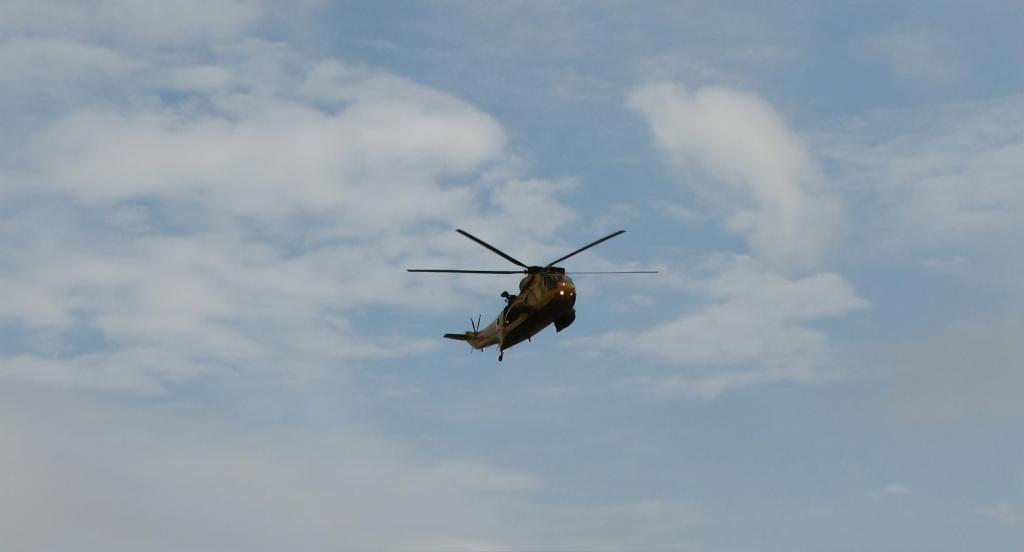The concept of health security is not new. Historically, the health sector used the term ‘security’ interchangeably with ‘public health’. From the ‘Spanish flu’ during World War 1 to SARS, swine flu, Ebola and the more recent ZIKA outbreaks, pandemics have always had both national and international security implications. At the 11th International Security Forum, held on 13-15 June 2015 in Geneva, a panel on Global Health and Security examined the contemporary health dimensions of global security and outlined policy responses to manage international health crises – ranging from the potential role of the security sector to specific initiatives such as the Global Health Security Agenda.
What is the significance of health security in the hierarchy of transnational threats to global security?
The Ebola crisis in West Africa is an excellent case study of how health is both an issue of individual security and a collective security challenge across borders. Ebola is interesting for another reason: people tend to forget health crises relatively quickly. But this has changed with Ebola. There is an increased understanding that pandemic preparedness and response is not just a narrow concern for health officials. The G7 Summit in Japan highlighted the link between health security and human security and having the AMR threat on the 2016 UN General Assembly agenda are examples of this increased awareness.
Where and under what circumstance are future health risks likely to require a global security policy response?
Having a global security policy response means reaching out to security providers both locally and internationally in addressing health crises. In particular, in situations where domestic agencies cannot adequately manage a crisis, security actors must step in. Their involvement can increase the speed and quality of early warning and tracking systems, field responses, resilience and global health governance in the long run.
Interestingly, the military role in addressing health crises is not just logistical. It has a role in intelligence gathering, treatment and, as shown during the Ebola crisis, in the development of a vaccine by U.S. defence laboratories. There are also other security sector actors such as police, border guards, intelligence services, private security actors and occasionally non-state actors who are indispensable in dealing with health security threats.
How does the existing global health security architecture need to change in order to respond to future health crises?
The global health security architecture is governed by the International Health Regulations (IHR) - an international treaty of WHO member states. Despite good intensions, the Ebola crisis showed that the IHR need better implementation to develop and enable early detection and response.
International organisations and other actors need to be more active in addressing health security challenges. One suggestion was an improved coordination mechanism such as a UN Security Council sub-committee on health. Also, the role of the security sector needs to be better defined and operationalised. Finally, states need to take greater responsibility for health security and to implement the IHR by investing in public health systems and prevention.
One crucial challenge is the financial gap. It costs US$3-4 billion per year to prevent a pandemic and US$60 billion a year to address an outbreak. The world is still under-investing in prevention and new, more creative, finance mechanisms are needed.
Written by Carl Ungerer, Head of Leadership, Crisis and Conflict Management Programme at the Geneva Centre for Security Policy


